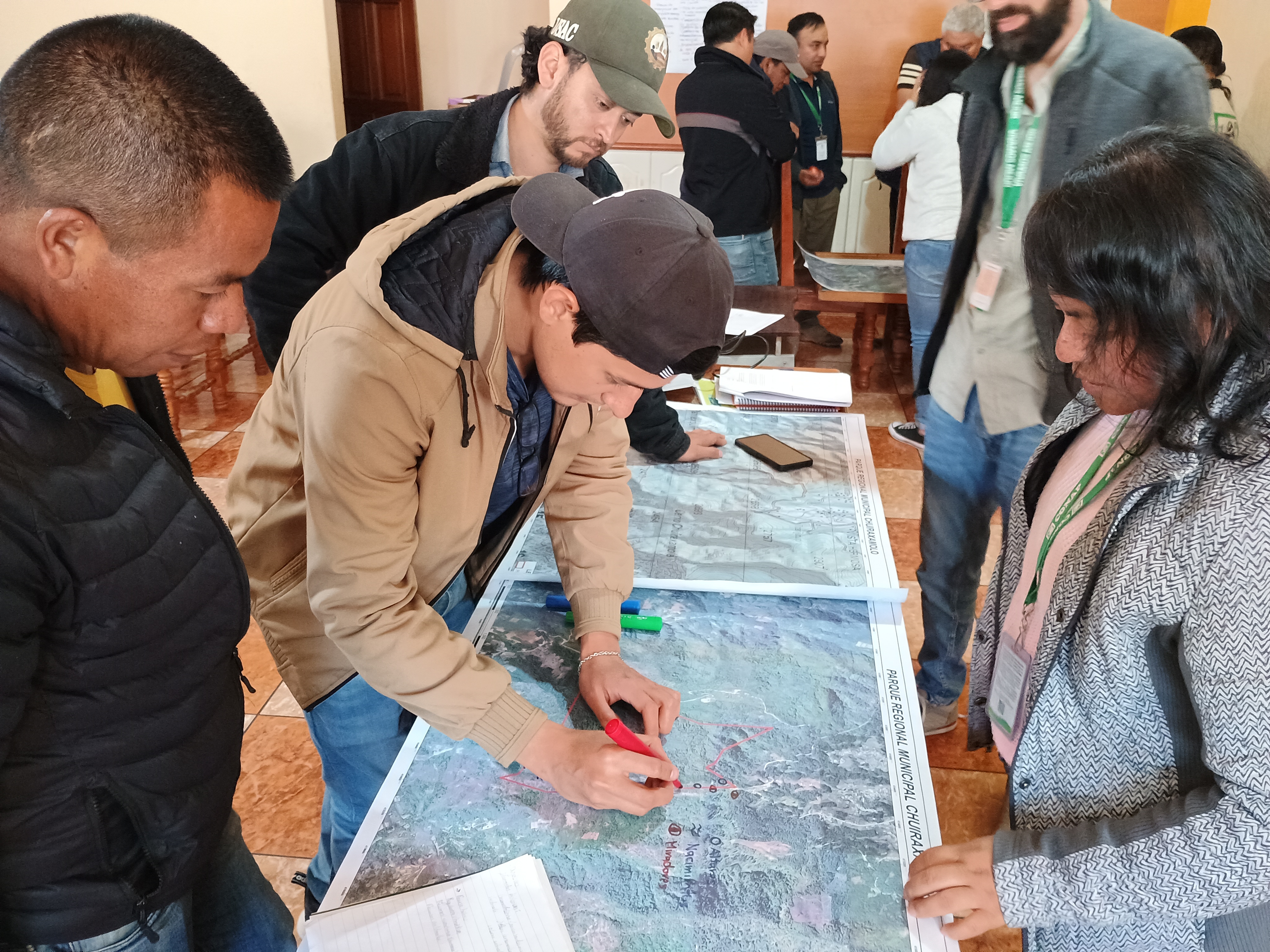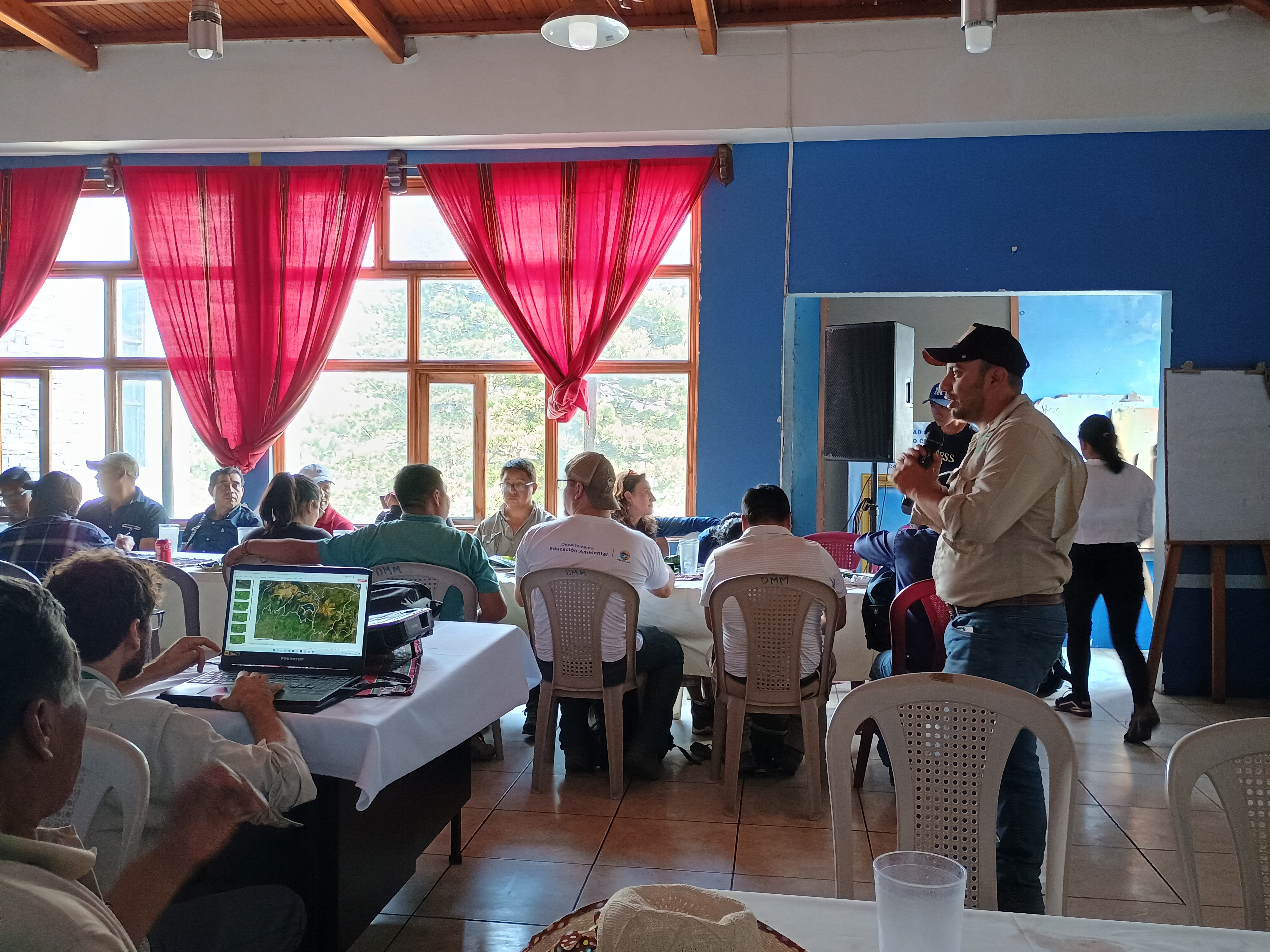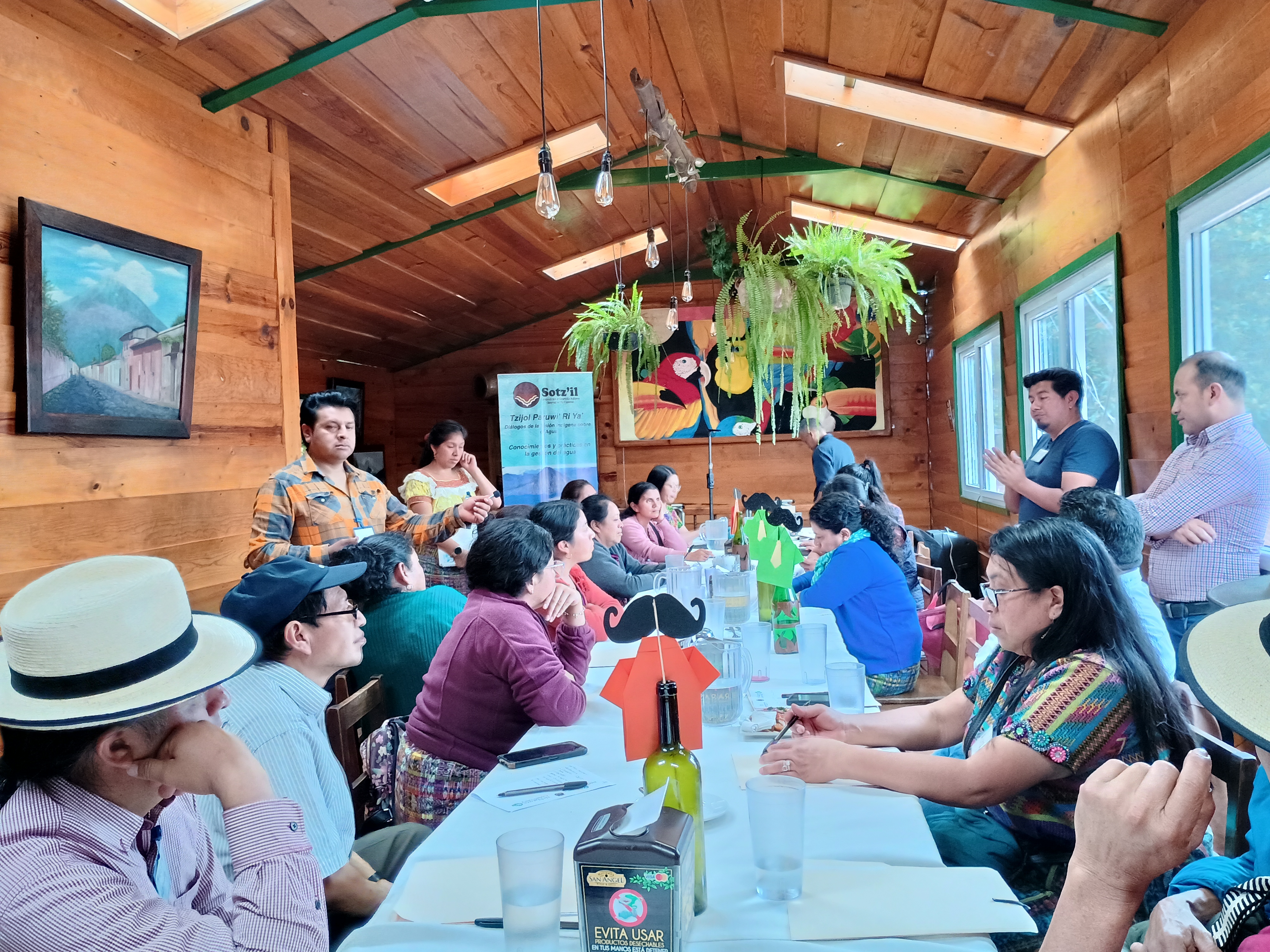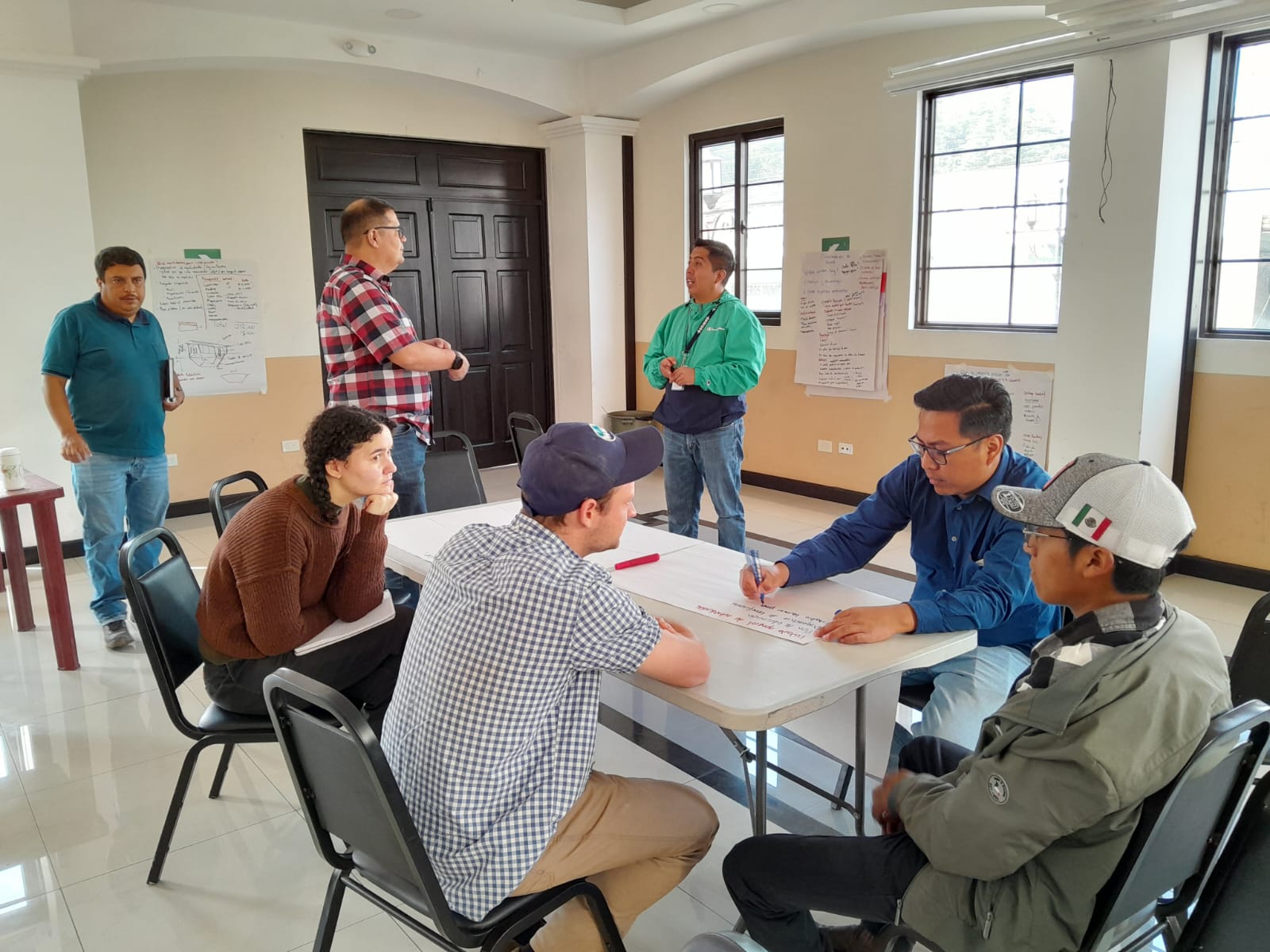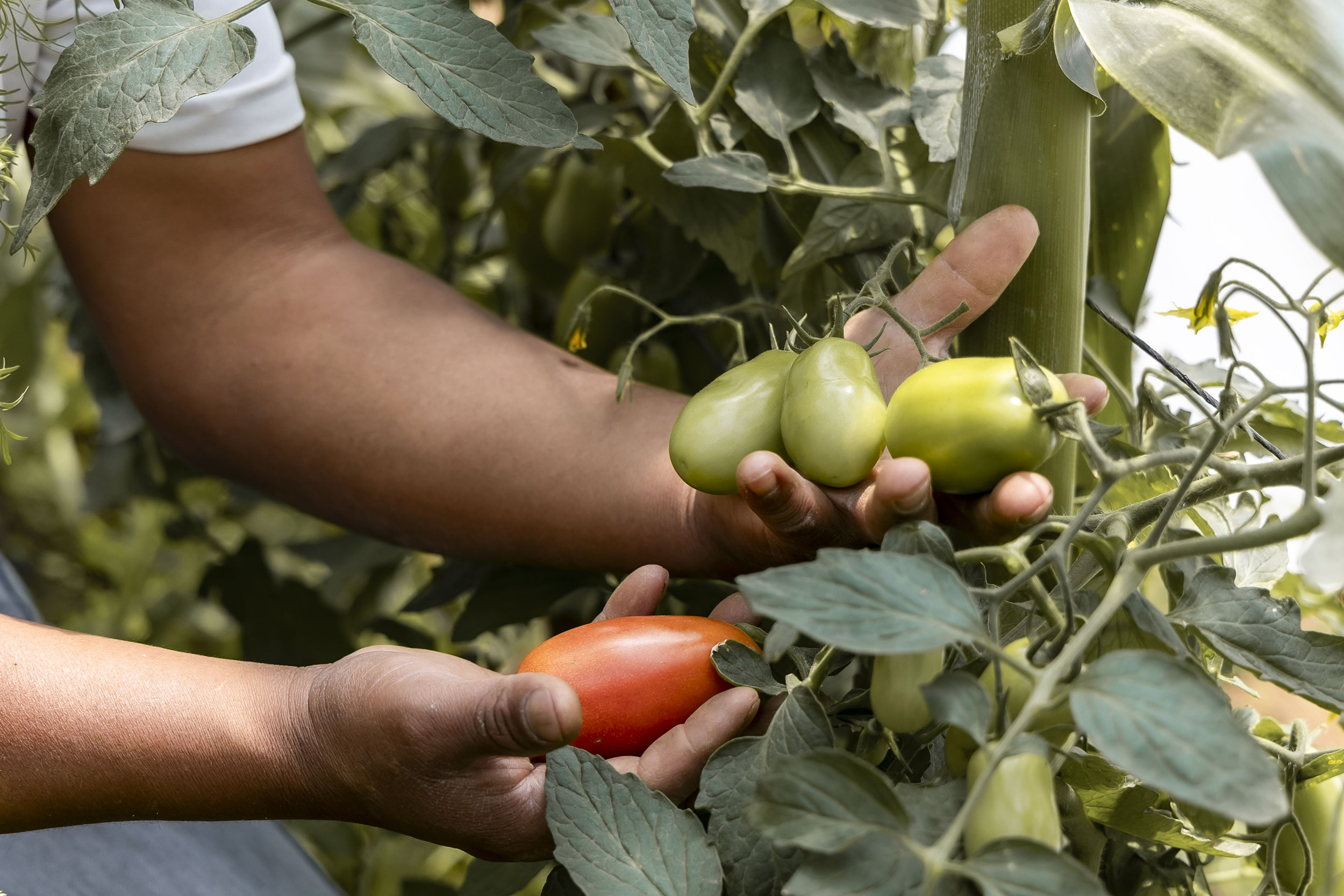TNC began working in Guatemala in the mid-1980s. The organization has over 30 years of experience working for conservation and sustainable development in the country. During that time, and in close collaboration with a network of local partners, it has supported conserving the remaining forests in Guatemala and has contributed to restoring degraded landscapes. This includes the creation of innovative financial and governance mechanisms, technical assistance to improve regulatory frameworks, and promoting sustainable management models for natural goods and services.
Biodiversity Conservation, freshwater and forest remnants
To revert the climate change crisis and the rapid loss of biodiversity, we must protect and sustainably manage the lands and freshwater resources. Our work includes:
- Monitoring the development, planning, and management of various protected areas and management categories.
- Native-species reforestation and protection of water-generating forests in private reserves, municipal lands, and communal forests, with tangible benefits for people and nature.
- Promoting private investment projects and leveraging conservation actions in basins that provide water to Guatemala’s Metropolitan Region.
- Facilitating integrating Indigenous knowledge to improve forests and water management in Guatemala.
- Supporting grassroots organizations to facilitate access to state forest incentives managed by the National Forest Institute and improve the management of communal forest concessions in the multiple-use area of the Maya Biosphere Reserve.
- Contributing to resilience and decreasing risks through the restoration of forest landscapes.


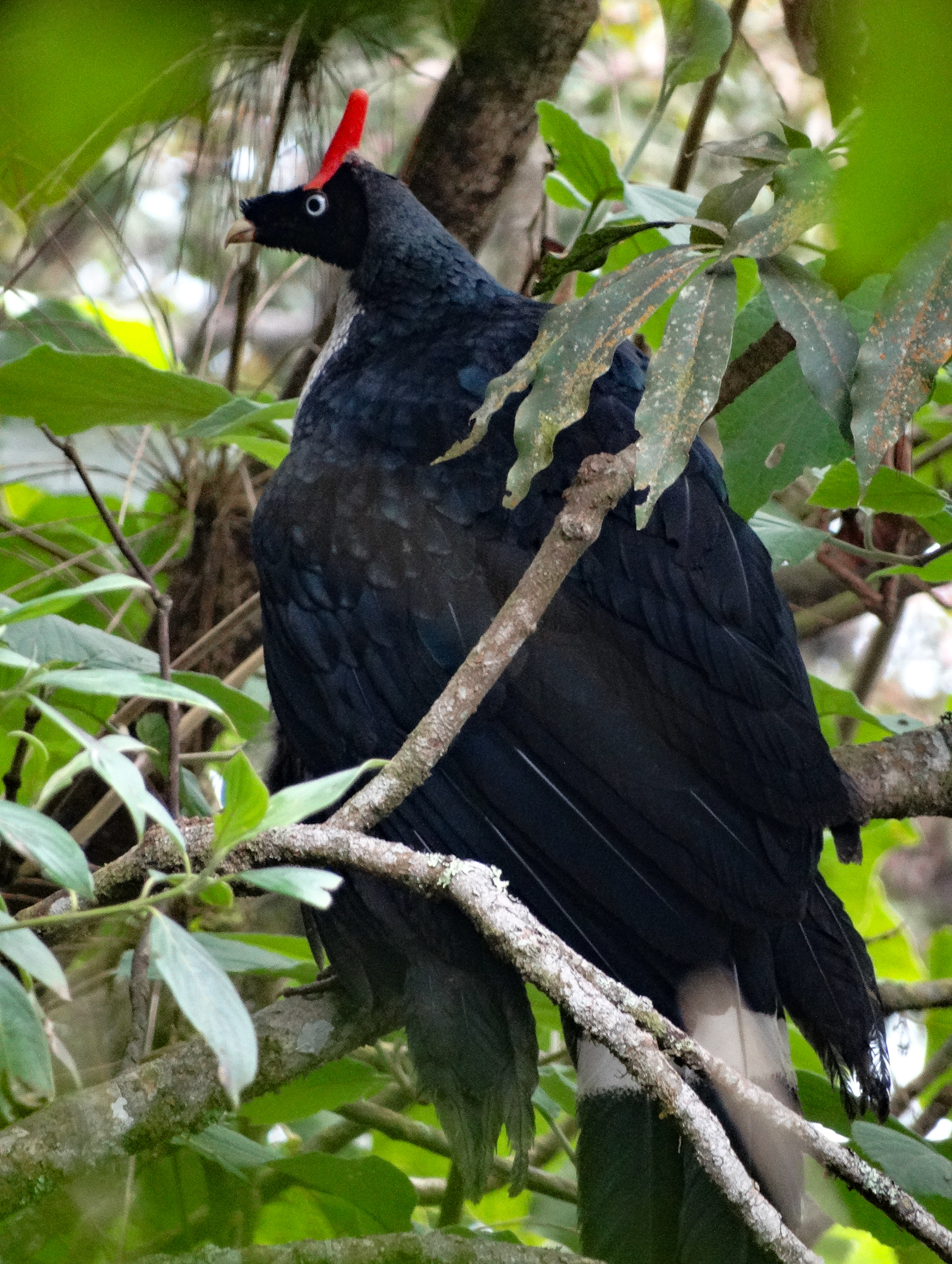
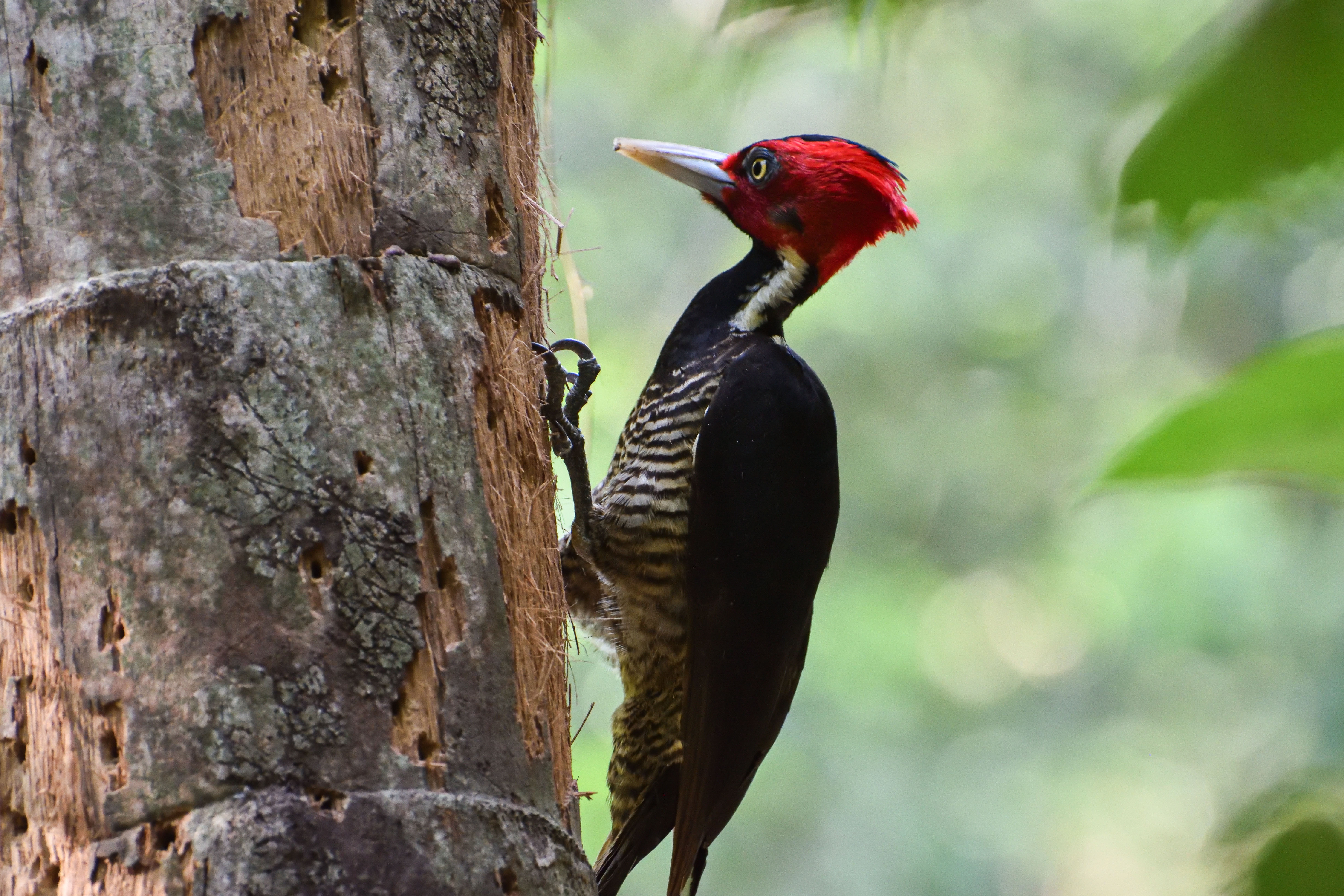
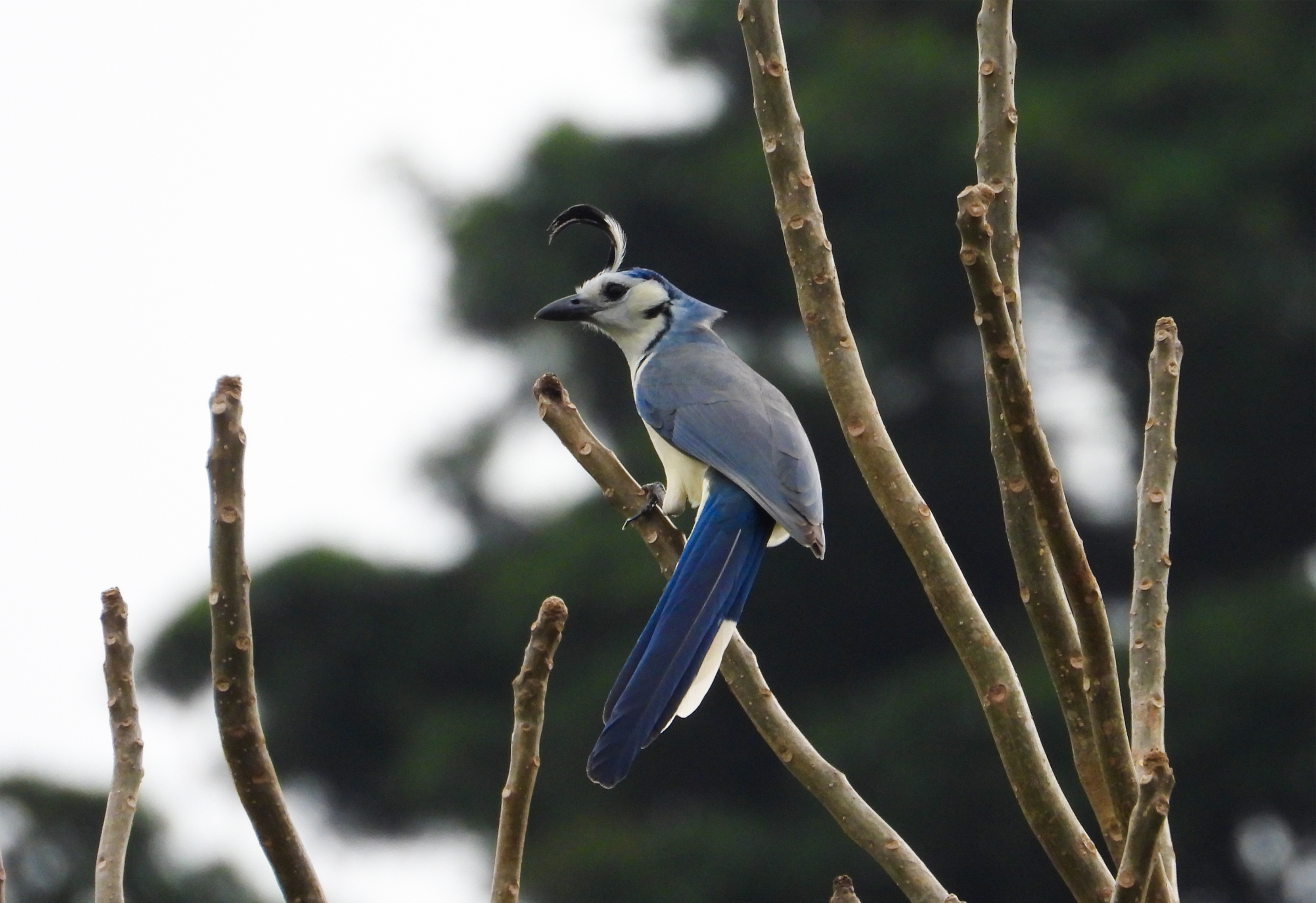






Nature-based Solutions
To help reduce the greenhouse gas emissions needed to stabilize our climate, TNC scientists and partners have researched solutions to meet the most urgent climate goals. Our actions include:
- Landscape restoration on agricultural lands through livestock and regenerative agriculture practices that contribute to forest landscape restoration.
- Measuring carbon sequestration on cattle ranches in the Selva Maya to provide information for the development of carbon market projects.

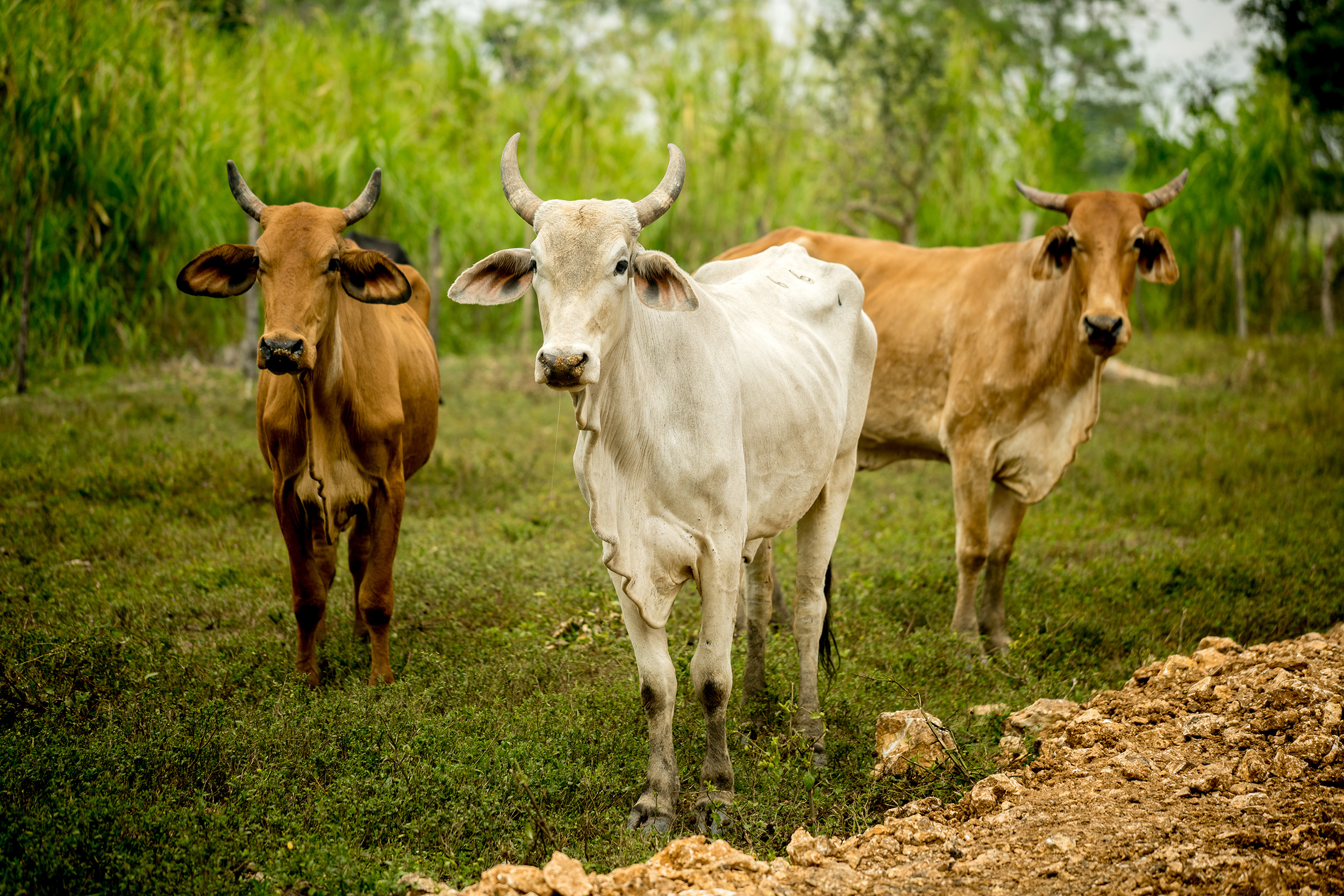
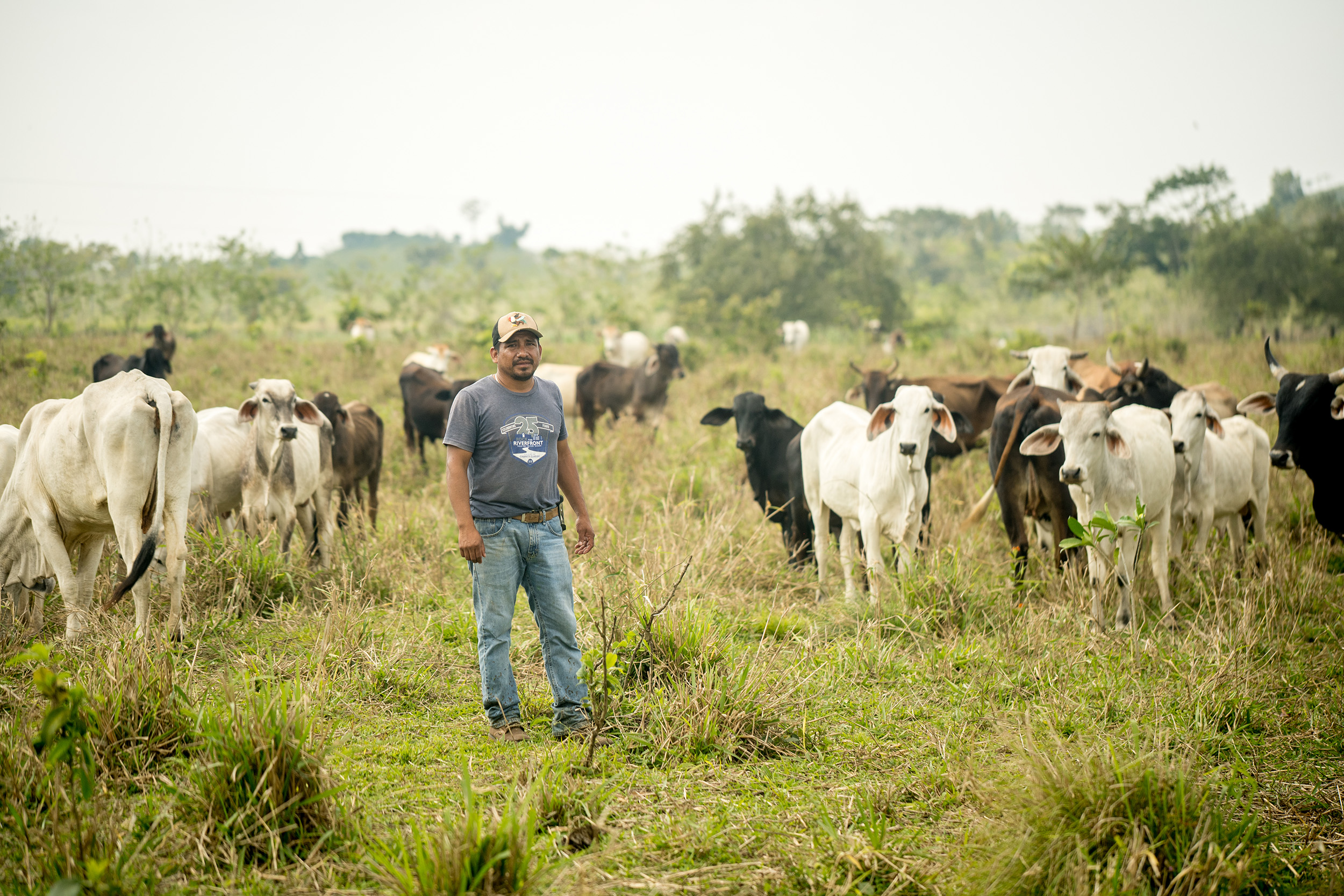


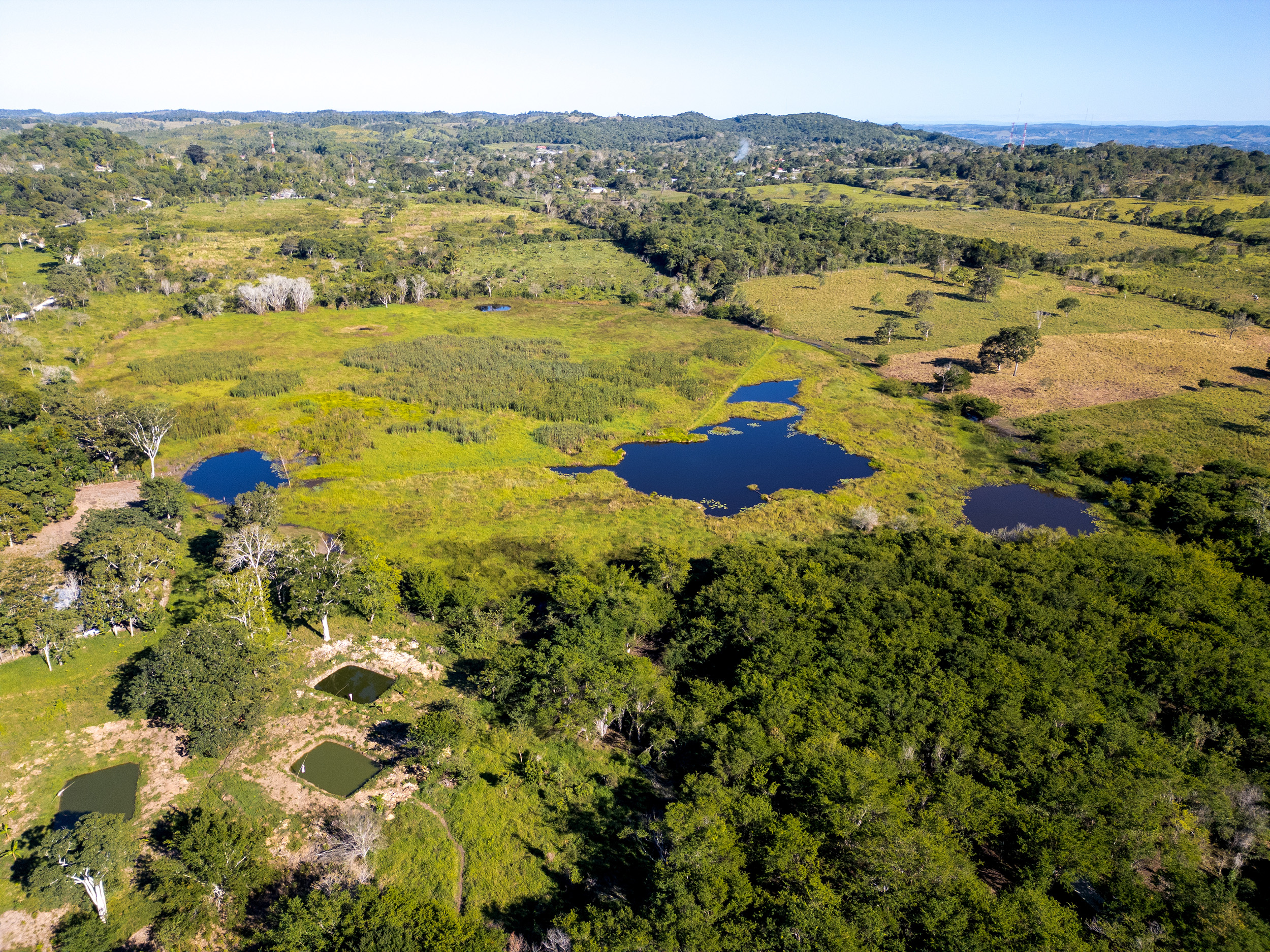

Sustainable livelihoods and resilient landscapes
As we promote the protection of nature, we focus on the coexistence of communities with their environment and socio-economic well-being. Our actions include:
- Supporting communities, organizations, and rural and Indigenous leaders at the forefront of conservation under the Inclusive Conservation axis that potentializes efforts to manage forests, water, and other natural resources.
- Improving place-based sustainable economic opportunities, such as monitoring and support for community tourism initiatives and no-timber products value chains





Partnerships and institutional support for partners and government authorities.
Public policy is vital to drive change and take solutions to scale: It can create incentives and lay the foundation for complex environmental problems. At TNC, we provide the science, tools, and partnerships that influence decision-making to achieve large-scale protection through finance mechanisms, science, and improved public policies.
- Agreements with Ministries, other public institutions, and the academic sector.
- Technical support to municipalities and communities.
- Studies that promote changes to regulations and public policy (i.e., incorporating environmental management into water tariffs).
- Institutional strengthening of non-governmental organizations to access forestry incentives and other economic incentives.
